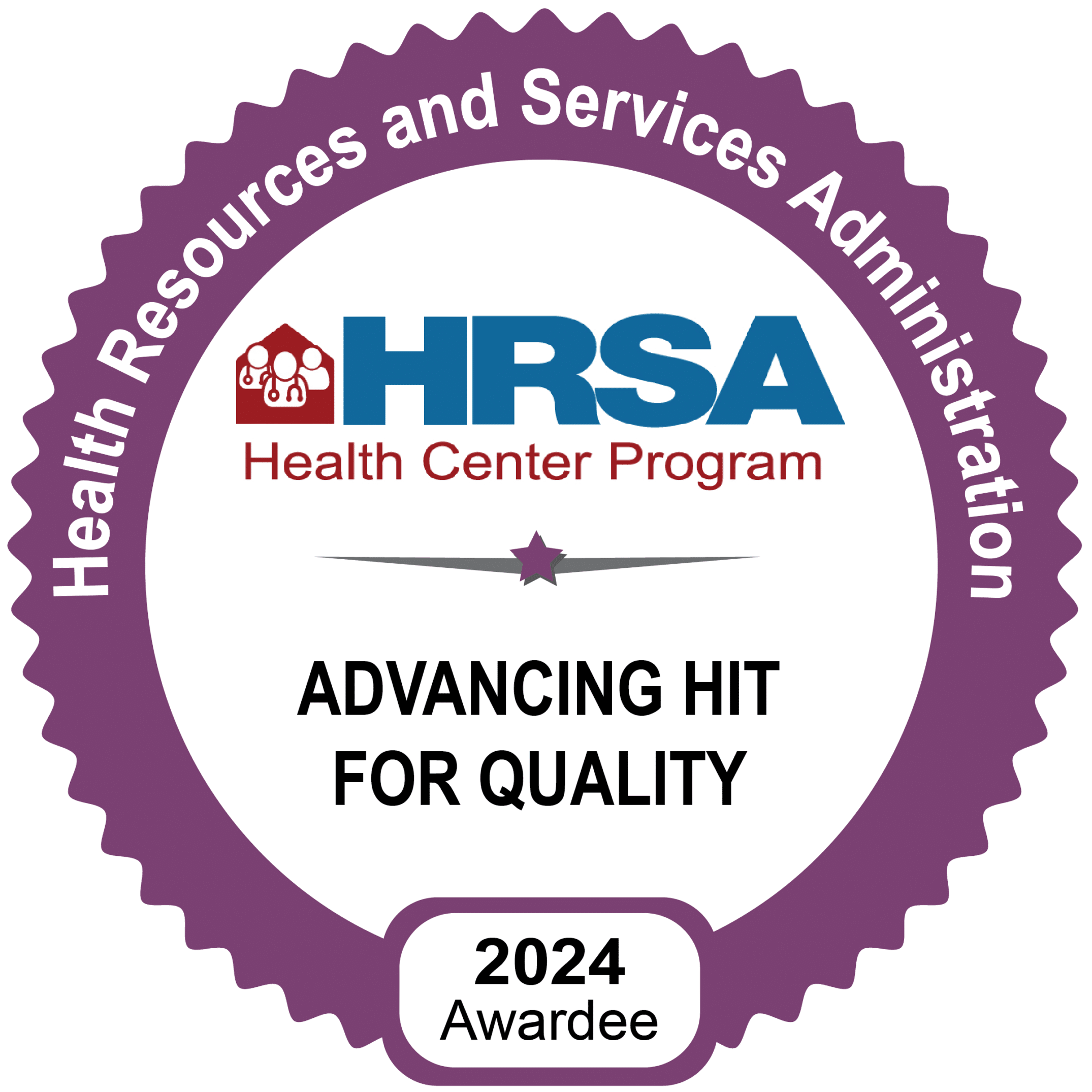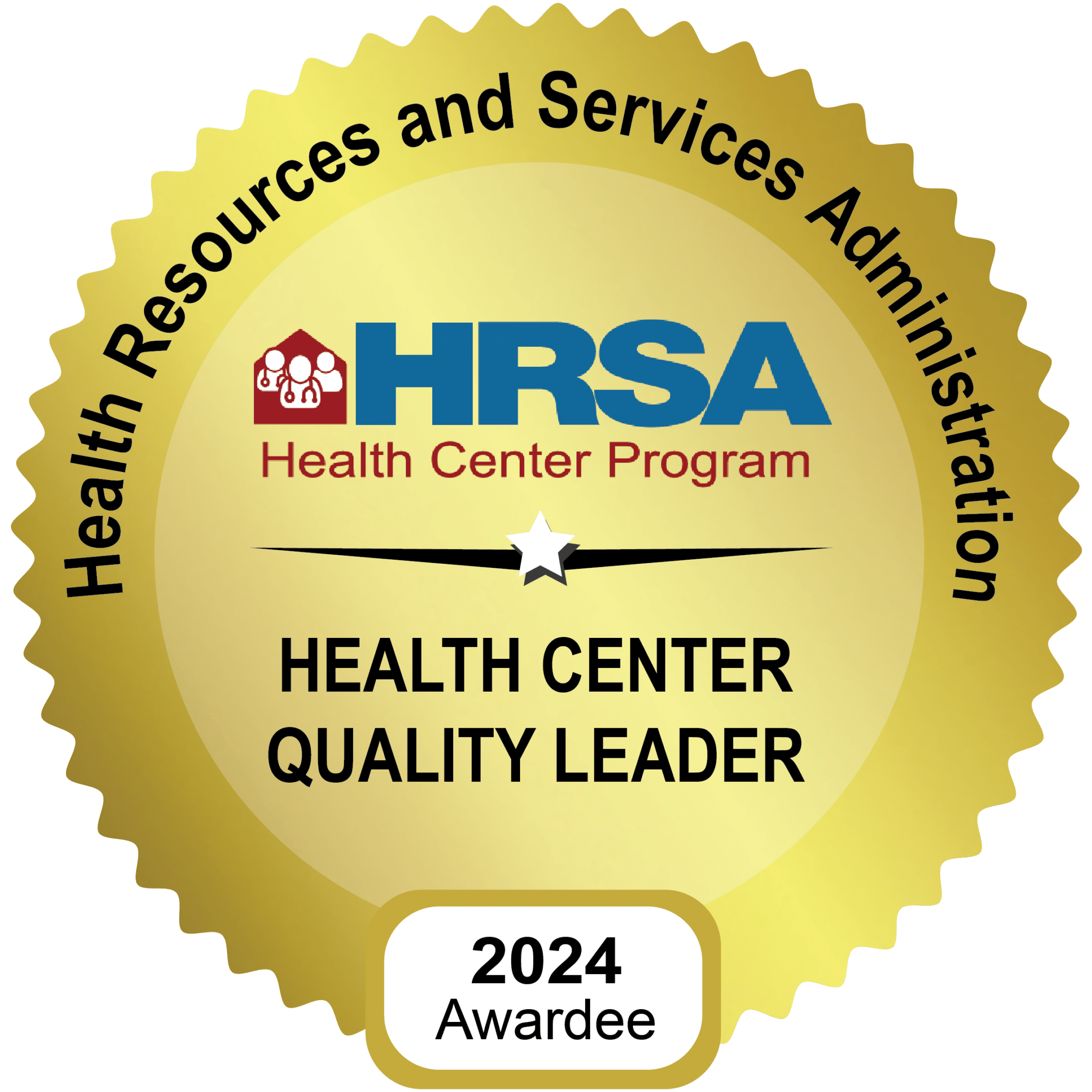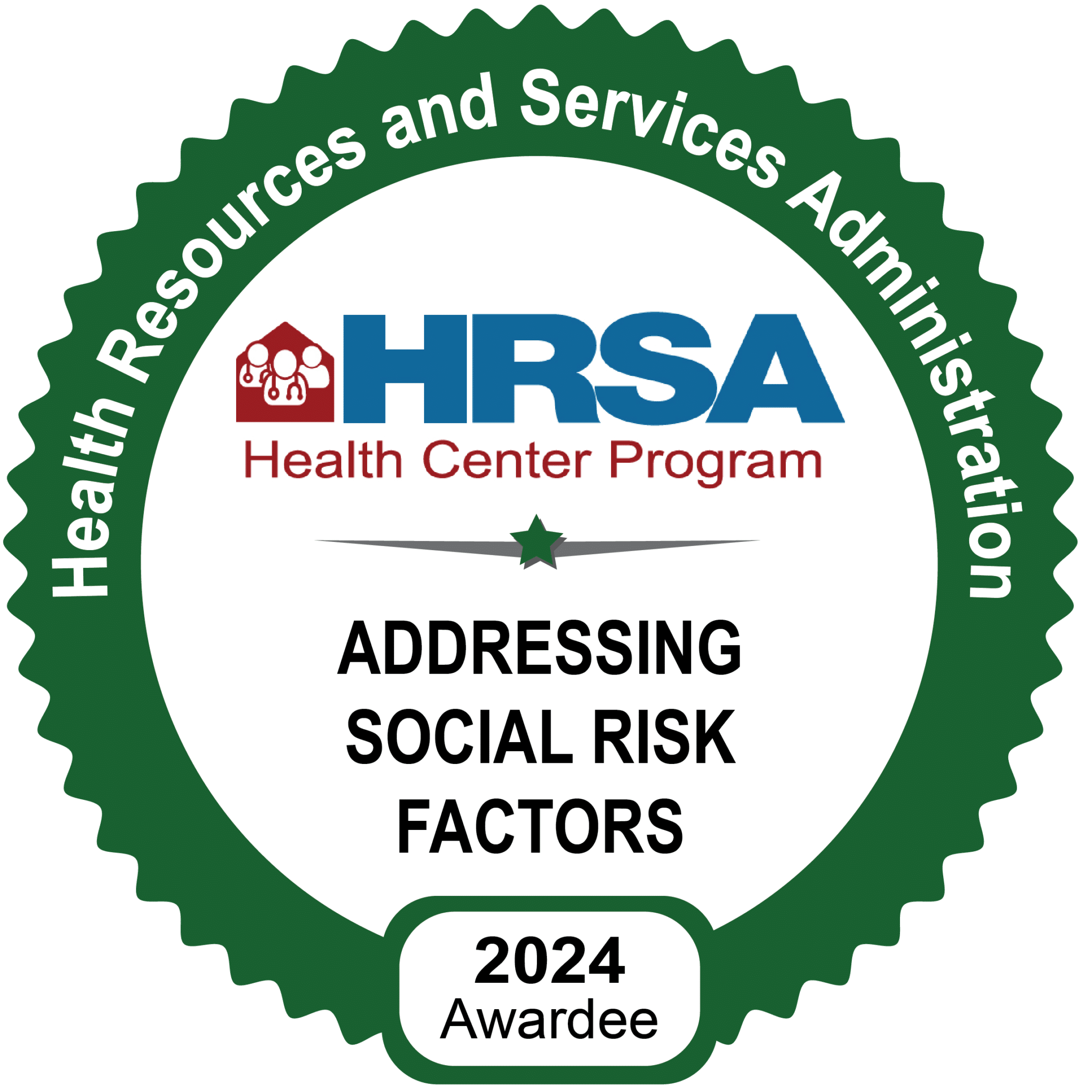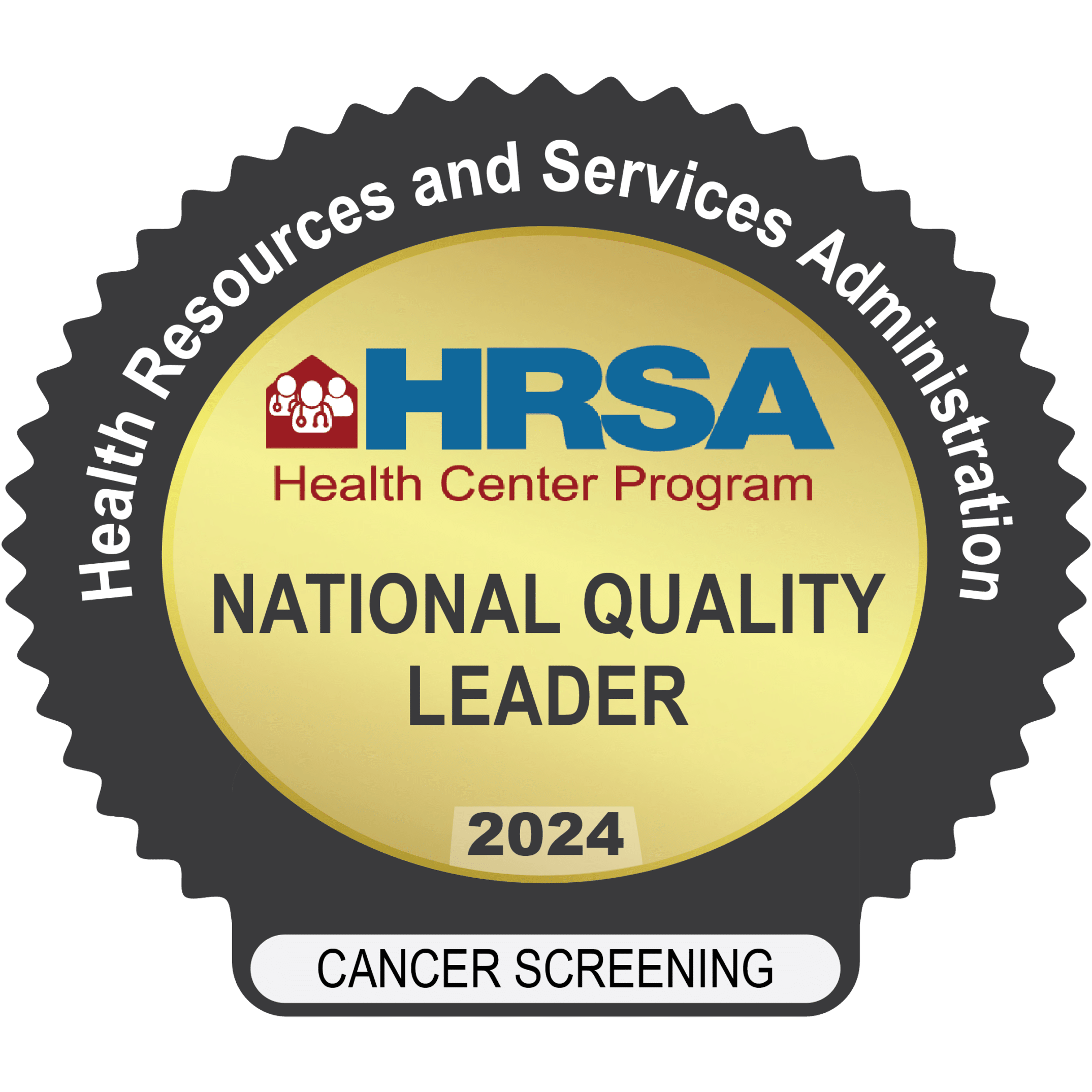While many people think of breast cancer as a concern only later in life, the reality is that risks exist at every age, though they may vary. Awareness at every stage of life helps ensure people are taking appropriate actions, from healthy lifestyle choices to regular screenings. Breast Cancer Awareness Month serves as a reminder that early detection saves lives and that proactive steps can reduce the likelihood of developing the disease.
Understanding Risks at Every Age
Breast cancer is the most commonly diagnosed cancer among women worldwide. About 1 in 8 women will develop breast cancer during their lifetime. Although age is a major risk factor, breast cancer can affect younger women. Men are also at risk, though at much lower rates.
Teens and Young Adults (Under 30)
For those under 30, breast cancer is rare, but awareness begins here. Young women with a family history of breast or ovarian cancer may be at higher risk, especially if relatives were diagnosed early. At this stage, building healthy habits and learning family medical history is key.
Steps to take:
- Learn your family history and share it with your doctor.
- Maintain a healthy weight, exercise regularly, and avoid smoking.
- Limit alcohol consumption, which has been linked to increased breast cancer risk.
- Perform regular breast self-awareness (noticing changes, lumps, or unusual symptoms).
Adults in Their 30s and 40s
Breast cancer risk starts to rise during this time, though it is still lower compared to later decades. Women in their 40s often begin considering mammograms, particularly if they have additional risk factors such as family history, dense breast tissue, or certain genetic mutations like BRCA1 or BRCA2.
Steps to take:
- Schedule regular clinical breast exams.
- Discuss when to begin mammogram screenings based on personal risk.
- Maintain lifestyle habits that reduce cancer risk: stay active, eat a balanced diet, and limit processed foods.
- Report any breast changes to your doctor promptly.
Adults in Their 50s and Beyond
Breast cancer risk increases with age, with most diagnoses occurring after age 50. At this stage, regular mammograms become essential for early detection. Postmenopausal factors, such as hormone replacement therapy, may also influence risk.
Steps to take:
- Get regular mammograms as recommended.
- Maintain bone and heart health through diet, exercise, and preventive screenings.
- Discuss safer alternatives if considering hormone therapy.
- Continue healthy habits, limit alcohol, and stay physically active.
How to Decrease Risk of Breast Cancer
While no single step guarantees prevention, research shows that healthy lifestyle choices can lower risk. Here are some proven ways to decrease your risk of breast cancer:
- Stay active: Aim for at least 150 minutes of moderate exercise each week.
- Maintain a healthy weight: Obesity increases risk, especially after menopause.
- Limit alcohol: Even small amounts can raise risk, so moderation is key.
- Eat a balanced diet: Focus on plant-based foods, lean proteins, and healthy fats.
- Breastfeed if possible: Studies show breastfeeding can slightly reduce the risk of breast cancer.
- Avoid smoking: Tobacco use is linked to many cancers, including breast cancer.
The Role of Early Detection
Early detection is one of the most powerful tools in the fight against breast cancer. Finding cancer before it spreads greatly increases treatment options and survival rates.
Key detection methods include:
- Mammograms: Detect cancer early, often before symptoms appear.
- Clinical breast exams: Routine checkups with a healthcare professional.
- Self-awareness: Know what is normal and report changes promptly.
Breast cancer risk changes throughout life. Whether in your 20s, 40s, or 60s, steps exist to reduce risk and improve early detection.
At Teche Health, we’re here to support you every step of the way. Schedule your screening, discuss your personal risk factors, or speak with our healthcare professionals about prevention strategies.
Commit to making your health a priority. Take small steps now, stay informed, and encourage your loved ones to do the same.




